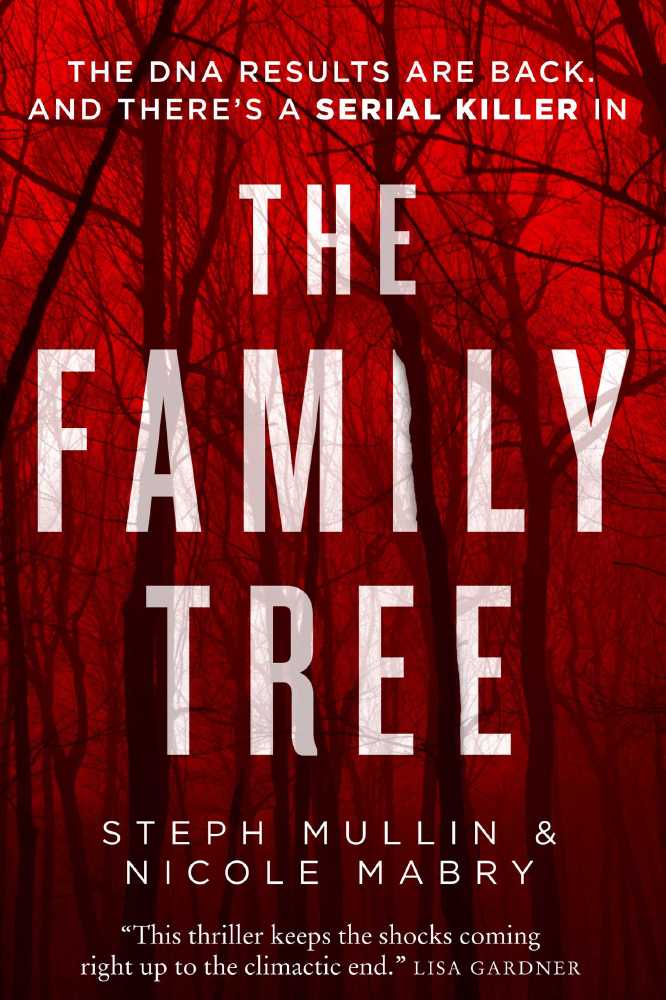When we first decided to embark on this journey to transform our friendship into being co-authors and business partners, we had no idea what to expect. We were nervous we would disagree and argue, unsure how to blend our different voices and workflow preferences. Little did we know it would blossom into an enjoyable and smooth process. People always ask us how we manage to create a single piece of subjective work without descending into arguments and hurt feelings, and one sentiment always comes flying to the surface: putting aside our egos.

The Family Tree
Being humble and listening with an open mind to each other’s thoughts, never judging bad ideas or taking it personally if our ideas differ, has been at the crux of our successful partnership. We always joke that the road to a good idea is paved with bad ones, and if we don’t agree on something, we keep brainstorming until we come up with a compromise. And in the rare instance that we cannot agree, we go back to research and interviewing experts to settle the debate. Our disagreements have been fairly minimal, which we attribute to recognizing that we each bring something unique to the table. We’ve learned how to trust each other’s strengths rather than take offense if they point out areas of our own weaknesses. At the end of the day, we both want our story to be the best it can be – and we have to lean on our different life experiences, knowledge and skills in order for that to happen.
A big reason why we chose one another as co-authors was those separate strengths. When we started reading each other’s work, it became clear that we each excelled in different areas. Steph shines in outlining and characterization, while Nicole is a wealth of plot ideas and gets lost in research. We knew if we worked together, our strengths could complement one another. We both committed to trusting the other’s diligence and competence in their areas of expertise. But there was another personality trait that played a large role in our decision to dive into shared projects: motivation. We are both go-getters and recognized this attribute in one another. Even if we had a great plot and stellar writing, without a shared level of motivation it could have been a disaster. If one writer spent hours a day on their part, while the other lagged behind, we knew arguing and resentment could grow. Instead, we created calendars with ambitious due dates and encouraged each other every step of the way. We are always available to one another via Zoom or phone, and that open line of communication has been a key reason our partnership has worked.
Another important component is organization. Working as a team needs a much higher level of organization than writing alone. Nicole is a Panster, but we knew that type of writing would not lend itself to working independently. So, Nicole gave up her usual writing style and adjusted to Steph’s outlining method. We keep Google Docs and Sheets full of research, character and setting development, PR to-do lists, ideas for future projects and more. Creating a network of files and documents we can build off of has been imperative to our success.
Becoming a co-author team is an important relationship, one that has many potential pitfalls. For us, proper communication, pre-planning and organization have proven invaluable tools. But mostly, putting egos aside and having complete trust in our partner have been the building blocks in creating an environment for success.

